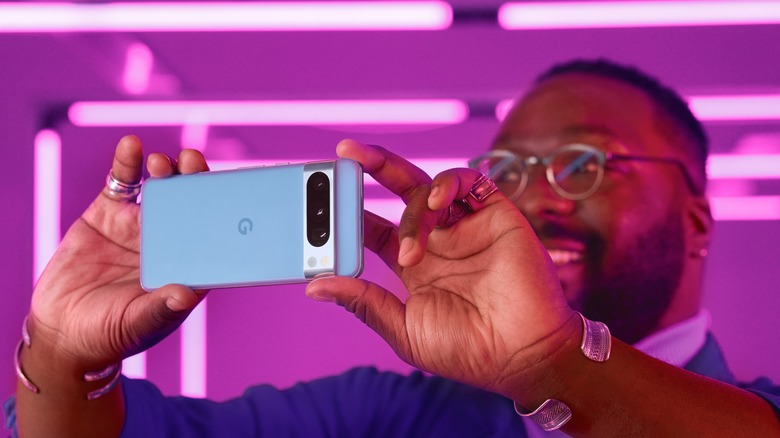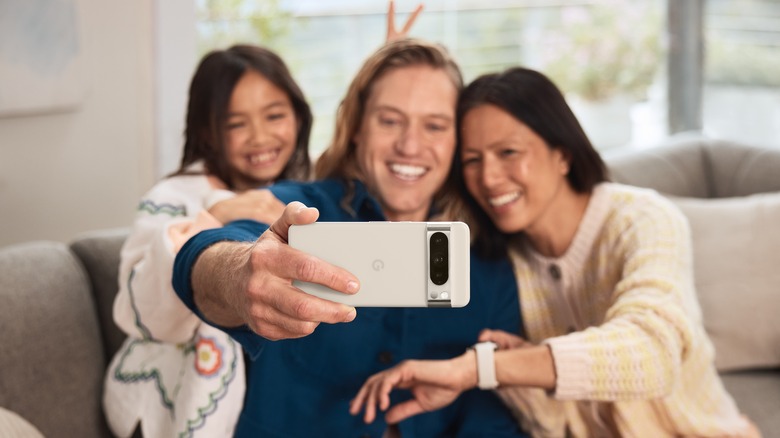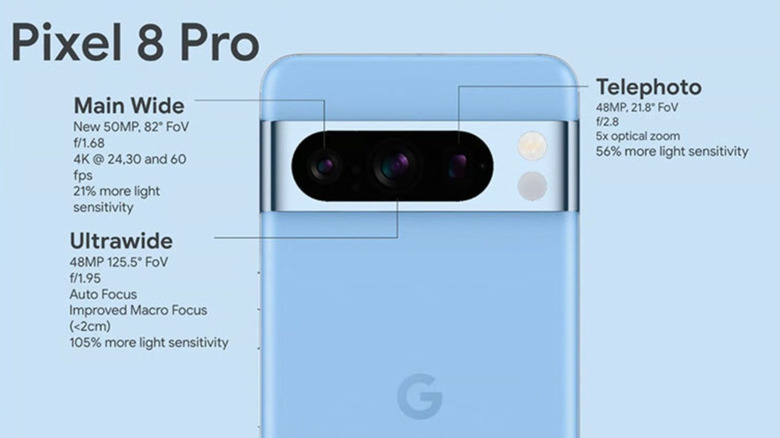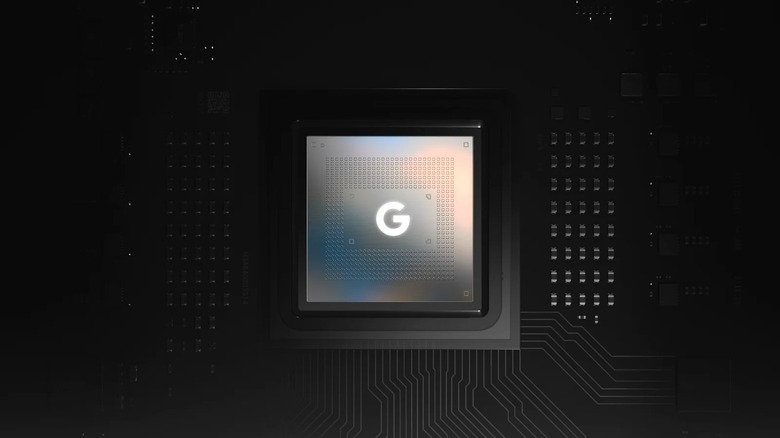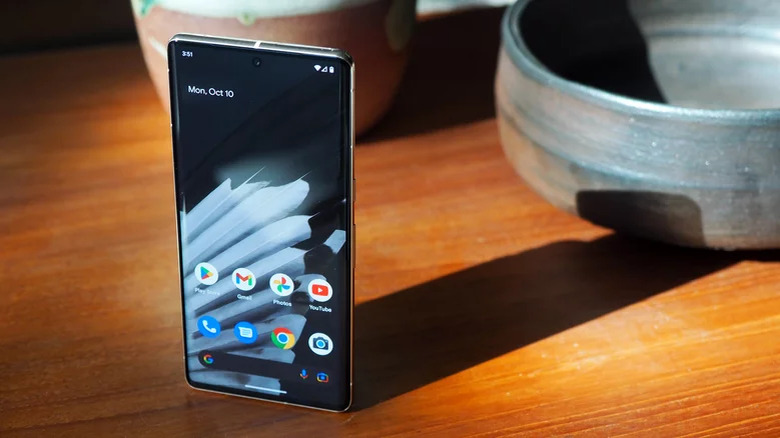Google Pixel 8 Pro Gets A Serious Upgrade: Here's What's New
The Google Pixel 8 Pro is officially announced, and it has some of the most prominent upgrades since the beginning of the Pixel lineup. The refined and more powerful Tensor G3 chipset adds new intelligent abilities to complement the Pixel 8 Pro's improved camera hardware on the back and the front. Besides photography, videography on the Pixel 8 Pro is also getting a significant boost with Night Sight and HDR+.
The Pixel 8 Pro also brings evident design changes with new colors, more durable glass, and a matte finish on the back. The new display also gets much brighter than before. Simultaneously, device-specific improvements to Google Assistant promise better productivity and multitasking on the Pixel 8 and 8 Pro, while Google makes a compelling case by promising the most prolonged software support on Android yet.
With these improvements, the Pixel 8 Pro brings the most diverse range of updates throughout its lineage. Keeping that in mind, let's delve deeper into everything the new Pixel 8 Pro offers.
Design and display refinements
The Pixel 8 Pro gets noticeable changes to its persona with more rounded corners, a matte glass back finish, and a polished aluminum frame. The Pixel 8 Pro comes in three new color options — "Bay" (blue), "Porcelain" (beige), and "Obsidian" (black). Despite these changes, it bears dimensions nearly identical to the Pixel 7 Pro, and weighs the same.
Seemingly inspired by Apple's narrative around sustainability, Google also mentions that 18% of the materials (by weight) are recycled, while the entirety of the frame is made with recycled aluminum. The front and the back are fortified by Gorilla Glass Victus 2, improving durability over the previous generation.
Google claims improvements to the display and marketing with a new name — "Super Actua" display. The 6.7-inch display now reaches a peak (per-pixel) brightness of 2,400 nits (1,600 nits overall), and uses LTPO technology to dynamically change the refresh rate to various preset values between 1 and 120Hz depending on the content being played. Despite improvements in brightness, the resolution is slightly degraded to 1344x2992 pixels, resulting in a pixel density of 489ppi.
Google also adds a new temperature sensor that can detect the temperatures of various objects without touching or probing them.
Improved rear cameras
The Pixel 8 Pro features an identical camera setup as the Pixel 7 Pro from last year, but the real improvements lie in the details. Firstly, we have a 50MP primary sensor — which, based on the specifications, has remained unchanged since the Pixel 6 Pro. Despite using the same camera tech, the Pixel 8 Pro's primary camera is getting a bigger lens with a wider f/1.68 aperture, which permits 21% more light into the sensor — allowing for brighter shots with fewer color distortions, especially in controlled lighting.
Unlike the primary camera, the ultrawide camera is being upgraded to a 48MP sensor and an f/1.95 aperture, wider than the Pixel 7 Pro. Autofocus on the sensor also allows for a macro mode, which can now capture tiny objects at a distance as small as 2 cm. For standard ultrawide photography, the camera still offers a 125.5-degrees-wide field of view.
This third sensor, unique to the Pro variants, is a 48MP periscopic telephoto. While the resolution, the 5X optical zoom, and up to 30X digital zoom remain unchanged from last year, Google is expanding the field of view marginally to 21.8 degrees. The camera also gets a much wider aperture at f/2.8 compared to last year's f/3.5, thereby allowing significantly more light (Google claims 51% more) into the camera.
Software enhanments for photos and videos
The front camera doesn't change from the previous model, and clicks selfies at 10.5MP with a 95-degrees-wide field of view. Unlike the rear cameras, aperture values also remain the same on the front camera. But even with the same underlying hardware, the Pixel 8 Pro can now click sharper selfies thanks to the valuable addition of autofocus.
Speaking of other improvements, the Pixel 8 Pro gets better video recording capabilities with improved HDR+ recording, powered by what Google calls "Video Boost." The Pixel 8 Pro is also the first to extend Night Sight to videos. In addition, the Tensor G3 chip has been reported to bring support for AV1 encoding at resolutions up to 4K at 60fps.
That means the Pixel 8 Pro will be more efficient at compressing raw video footage to web-compliant formats without much loss in quality. Further, the Audio Magic Eraser will eliminate distracting background noise and unwanted sounds from the audio.
Besides video, the Pixel 8 Pro also gets a horde of software features for photography. First, as previewed at Google I/O 2023, Magic Eraser is expanding new AI-based editing features that can create and fill portions of an image, and this tool is now called "Magic Editor." Secondly, "Best Take" will help you fix or replace any unpleasant parts of a photo, ensuring you always have the best possible pictures.
New hardware on board
The Pixel 8 lineup has been upgraded to the third generation of Google's chipset — the Tensor G3. While Google did not divulge any details, reliable leaks in the past establish the Tensor G3 as a significant upgrade over the lackluster previous generations. Firstly, Google is now using the more recent ARMv9 CPU cores from 2022, with a rather unusual nine-core setup. Besides a prime ARM Cortex-X3 core, the Tensor G3 has four Cortex-A715 performance cores and four Cortex-A510 cores for power efficiency.
Along with the nona-core CPU, the Tensor G3 also features a Mali-G715-based 10-core GPU with ray-tracing capabilities. These specs put Tensor G3 in the same league as the most capable Android chipsets of 2023, but it may still fall behind the Qualcomm Snapdragon 8 Gen 3 that's launching in November. The extra CPU core might contribute to the Pixel's heating issues, instead of diminishing them — but it's difficult to say that confidently.
For AI applications, the Tensor G3 extracts the goodness of Google's TPUs and utilizes them through an updated neural processor. The Tensor G3 is also accompanied by a marginally improved image signal processor and Google Titan M2 chip for an added layer of security safeguards, on top of Android's default protection methods.
Sensible feature upgrades
Besides potential improvements to performance and camera features, the Pixel 8 Pro also brings additional features to Google Assistant that leverage Tensor G3's capabilities. Using screen context, Google Assistant will be able to summarize the content of your screen into digestible points — it will even read those points or entire web pages out loud so you can take your eyes off the screen. Google, however, does not mention anything about improving Google Assistant by incorporating its language models, such as PaLM or LaMDA.
Google Assistant's new Voice Typing feature will allow you to dictate and edit text using only voice commands. It can also pick up filler words such as "um" and wait as you pause to think. The Tensor G3's Private Compute Core ensures all of the processing related to the Google Assistant happens locally on the device, without being uploaded to cloud servers.
Trying to one up with Apple, Google has also made tall claims to ensure the longevity of the Pixel 8 series, and promised platform upgrades, security patches, and feature drops for the next seven years. If fulfilled, Pixel 8 Pro users should be able to see their devices receive updates up to at least Android 20 (until 2030).
Storage gets a massive boost
The Pixel 8 Pro offers storage options starting at 128GB, and going up to 1TB for buyers in the U.S. This will allow users to record longer videos, especially with cinematic blur and HDR. However, for regions other than the U.S., the storage options are limited to 512GB. In addition, 12GB of RAM now comes standard across all storage configurations.
The battery inside the Pixel 8 Pro remains essentially unchanged from the previous generation and, on paper, now measures 5,050mAh. Google retains fast charging support on the Pixel 8 Pro with USB-PD (PPS) charging protocol support. Although it does not specify the charging speeds supported on the phone, it claims that an official 30W charger can add 50% to the battery capacity in 30 minutes, suggesting it still supports 23W like with the Pixel 7 Pro.
In addition, the Pixel 8 Pro maintains support for wireless charging as well as reverse wireless charging. Google doesn't specify charging speeds, suggesting there are no improvements in the department either.
The Google Pixel 8 Pro will be available at a starting price of $999 — both the Pixel 8 and Pixel 8 Pro will be available "on store shelves" starting on October 12. Folks preordering the Pixel 8 Pro can also get a Pixel Watch 2 for free. The Pixel Watch 2 will also be available to purchase separately starting on October 12.
